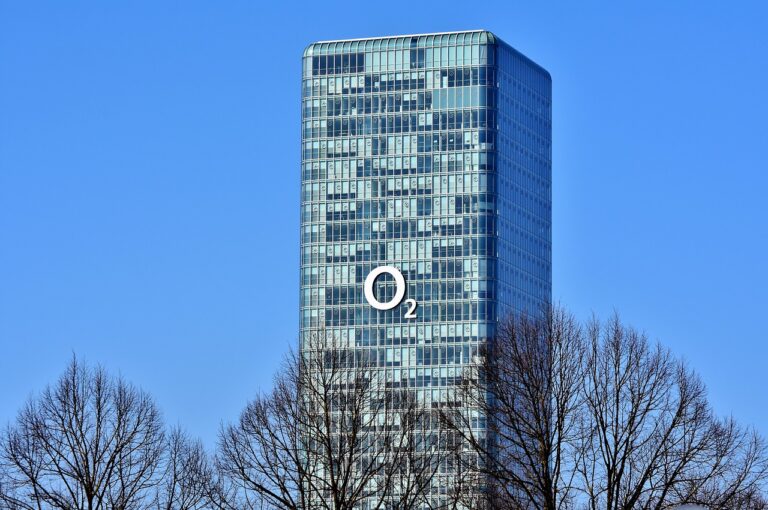Market Trends: Demand for Smart Electrical Equipment in Commercial Buildings
11xplay reddy login, reddy anna, golden 777 login: Market Trends: Demand for Smart Electrical Equipment in Commercial Buildings
In the rapidly evolving world of technology, smart electrical equipment is becoming increasingly popular in commercial buildings. These systems offer a range of benefits, from increased energy efficiency to improved convenience and security. As a result, there is a growing demand for smart electrical equipment in commercial buildings, with businesses looking to upgrade their existing systems or install new ones.
In this article, we will explore the market trends driving the demand for smart electrical equipment in commercial buildings and why businesses are making the switch to these advanced systems. We will also discuss the benefits of smart electrical equipment and how it can help businesses save money, reduce energy consumption, and improve overall efficiency.
The Rise of Smart Electrical Equipment
Smart electrical equipment encompasses a wide range of devices and systems that are connected and controlled through the Internet of Things (IoT). These devices can include smart lighting systems, HVAC systems, security cameras, and more. By connecting these devices to a central control system, businesses can monitor and regulate their energy usage, security, and overall building operations more effectively.
One of the key drivers behind the growing demand for smart electrical equipment in commercial buildings is the need for increased energy efficiency. Energy costs are a significant expense for businesses, particularly those operating in large commercial buildings. Smart electrical equipment can help businesses reduce their energy consumption by automatically adjusting lighting and HVAC systems based on occupancy levels and time of day. This not only leads to cost savings but also reduces the environmental impact of the building.
Another factor driving the demand for smart electrical equipment in commercial buildings is the desire for improved convenience and security. Smart systems can be programmed to automate tasks such as turning off lights, locking doors, and adjusting temperature settings. They can also provide real-time monitoring and alerts for security breaches, fire alarms, and other emergencies. This level of automation and control offers businesses greater peace of mind and helps them operate more efficiently.
Benefits of Smart Electrical Equipment
There are numerous benefits to investing in smart electrical equipment for commercial buildings. Some of the key advantages include:
1. Energy Efficiency: Smart systems can help businesses reduce their energy consumption by automatically adjusting lighting, HVAC, and other systems based on occupancy levels and time of day.
2. Cost Savings: By reducing energy consumption and improving overall efficiency, businesses can save money on their utility bills and operating costs.
3. Convenience: Smart systems can automate tasks such as turning off lights, locking doors, and adjusting temperature settings, making it easier for businesses to manage their building operations.
4. Security: Smart systems can provide real-time monitoring and alerts for security breaches, fire alarms, and other emergencies, helping businesses maintain a safe and secure environment.
5. Sustainability: By reducing energy consumption and environmental impact, smart electrical equipment can help businesses operate in a more environmentally friendly manner.
Market Trends and Outlook
The market for smart electrical equipment in commercial buildings is expected to continue growing in the coming years. As businesses become more aware of the benefits of these systems and seek to improve their energy efficiency and security, demand for smart electrical equipment will only increase.
One of the key trends driving this growth is the integration of smart electrical equipment with other building systems, such as heating, ventilation, and air conditioning (HVAC), security, and fire protection. This trend allows businesses to create a more interconnected and efficient building environment, where all systems work together seamlessly to optimize performance.
Another trend shaping the market for smart electrical equipment is the rise of smart cities and sustainable buildings. As governments and businesses seek to reduce their carbon footprint and improve energy efficiency, the demand for smart electrical equipment in commercial buildings will continue to rise. Smart systems can help buildings achieve sustainability goals by reducing energy consumption and minimizing environmental impact.
Overall, the outlook for the smart electrical equipment market in commercial buildings is positive, with continued growth expected in the coming years. Businesses that invest in these advanced systems can enjoy a range of benefits, from cost savings to improved efficiency and security.
FAQs
Q: How expensive is it to install smart electrical equipment in a commercial building?
A: The cost of installing smart electrical equipment can vary depending on the size of the building, the type of systems being installed, and the level of automation desired. However, many businesses find that the cost savings and benefits of smart systems justify the initial investment.
Q: Are smart electrical systems difficult to manage and maintain?
A: Smart systems are designed to be user-friendly and easy to manage. Most systems come with intuitive controls and can be monitored and controlled remotely through a central control system. Maintenance requirements are generally minimal, as smart systems are designed to be reliable and efficient.
Q: Can smart electrical equipment be integrated with existing building systems?
A: Yes, smart electrical equipment can often be integrated with existing building systems, such as HVAC, lighting, and security. Many smart systems are designed to be compatible with a wide range of building infrastructure, allowing businesses to upgrade their systems gradually and without major disruptions.







